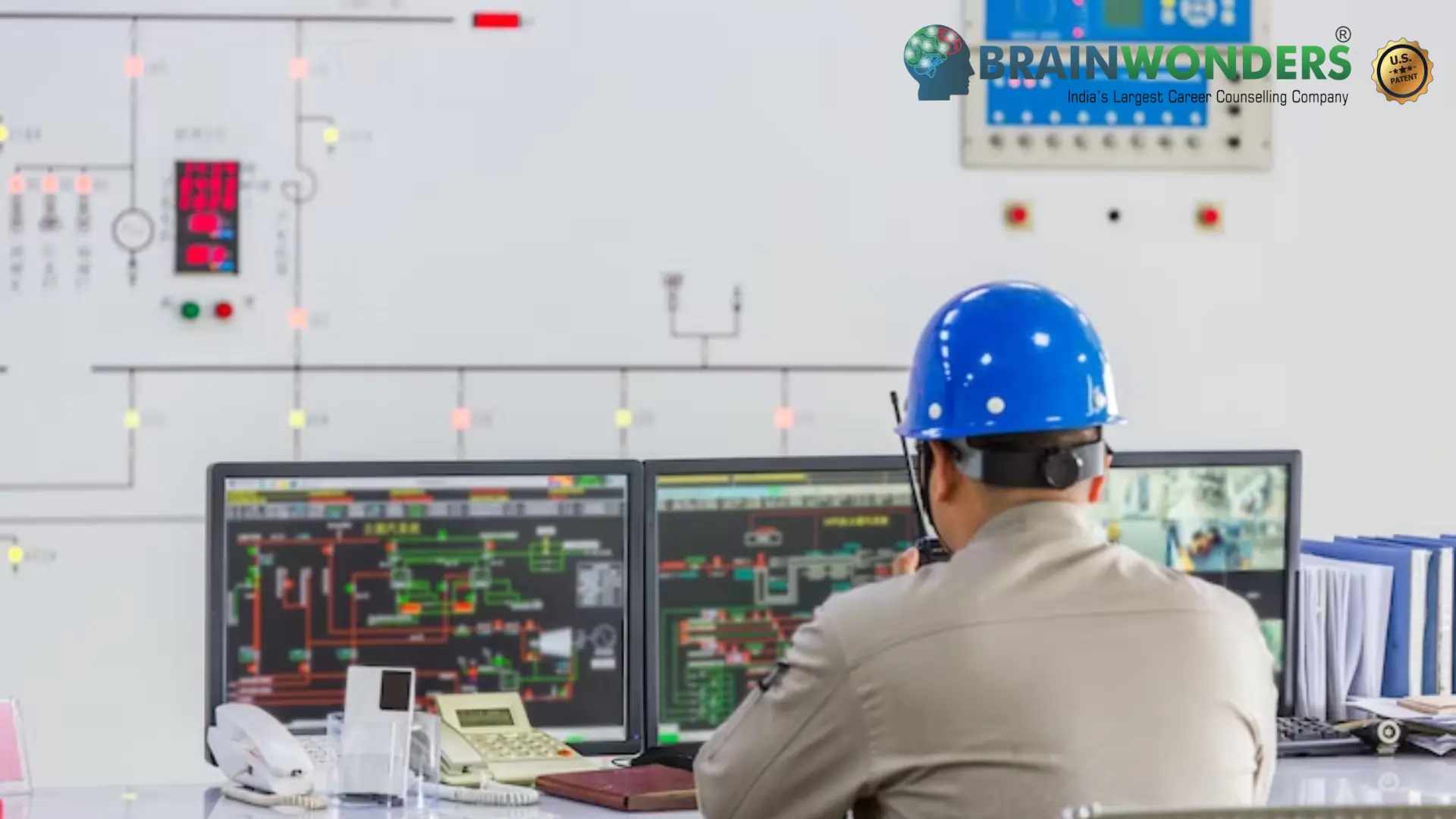How to become an Industrial Electrician LV
Overview, Courses, Exam, Colleges, Pathways, Salary

Overview
Who is Industrial Electrician LV ?
Industrial electricians assist with the installation and maintenance of electrical components and equipment in a range of settings. Industrial electricians may work in factories, on construction sites, or directly with clients, depending on the needs of the organisation. Industrial electricians are trained to repair and maintain electrical equipment while also fulfilling the physical demands of the job. They must also adhere to all local, state, and national electrical codes to ensure their own and others' safety.
Typical day at work
What does Industrial Electrician LV do?
- Inspecting & Troubleshooting
- Repairing electrical systems
- Equipment, and machinery
- They install wiring, conduits, and control panels
- Ensuring compliance with safety regulations
Abilities and Aptitude needed
What are the skills, abilities & aptitude needed to become Industrial Electrician LV?
Electrical systems, hand tools, and industrial equipment should all be familiar to an industrial electrician. They should be informed of electrical codes and regulations at the national, state, and municipal levels. They should be able to communicate well in both spoken and written form. They are self-motivated and capable of managing tasks and making decisions. They can decipher blueprints, schematics, and other technical materials. They should be willing to move large goods, climb ladders, crawl, and conduct other physically demanding duties.
Pathways
How to become an Industrial Electrician LV?
Entrance Exam
Entrance Exam for Industrial Electrician LV ?
Courses
Which course I can pursue?
Best Colleges
Which are the best colleges to attend to become an Industrial Electrician LV?
Industries
Which Industries are open for Industrial Electrician LV?
- Manufacturing, Automotive
- Energy, Construction
- Pharmaceuticals
- Food processing, and Telecommunications
- Electrical Installations
- Maintenance, and troubleshooting for industrial equipment and systems
internship
Are there internships available for Industrial Electrician LV?
Internships for Industrial Electricians LV provide hands-on experience in the field of electrical installations and maintenance within industrial settings. Interns assist in various tasks such as wiring installations, equipment troubleshooting, and preventive maintenance. They learn to interpret electrical schematics, perform electrical testing, and gain practical knowledge of industrial electrical systems. Interns work closely with experienced Industrial Electricians LV, collaborating on projects and learning industry best practices.
Career outlook
What does the future look like for Industrial Electrician LV?
Industrial electricians work for a wide range of companies, including electrical companies, parts manufacturers, and steel manufacturers. They might work as an independent contractor or for a single business full-time. Industrial electricians may operate in a small group with other industrial electricians or alone, and they often report to a shift supervisor or plant manager. Industrial electricians often operate in an industrial setting that is noisy, dirty, and requires the use of personal protective equipment. They may be required to climb, crawl, or work in confined locations.



